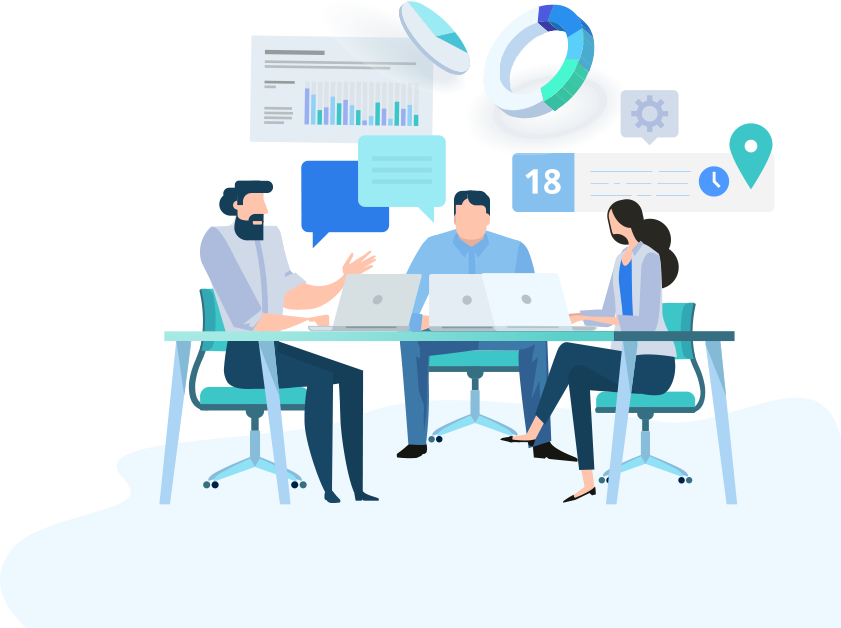Digital Competence
Read More
To hire those who possess the necessary digital competence and ability to learn, talent managers will require putting the job applicants through EasyTalent Digital Competence and Learning Ability (DCAL) Test.
EasyTalent DCAL is an aggregation of two assessments:
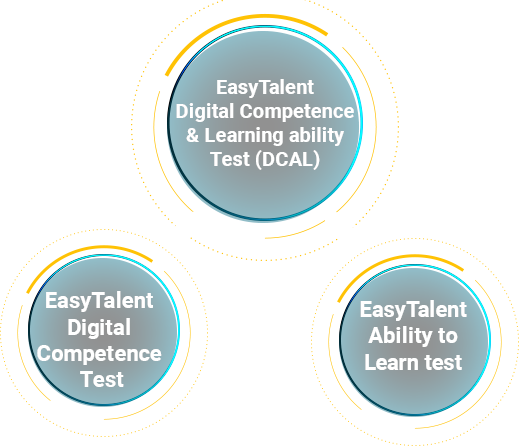

Is your Workforce ready for the Future Workplace?
Work is changing in ways that the world has never seen before.On the one hand,AI & advanced technologies are bringing in major transitions in occupations and shifting demand for skills...
READ MORE
EasyTalent Digital Competence &
Learning Ability Test (DCAL)
To hire those who possess the necessary digital competence and ability to learn, talent managers will require putting the job applicants through DCAL...

Raising Organizational Digital Competence is a crucial KRA of CHRO & TA Leaders
in era of Digital Transformation
One of the biggest considerations for HR leaders is to hire digitally competent people for future technology-rich work environments...
READ MOREDigital Competence is the set of knowledge, skills and attitudes that are required by employees when using digital tools and technologies to:
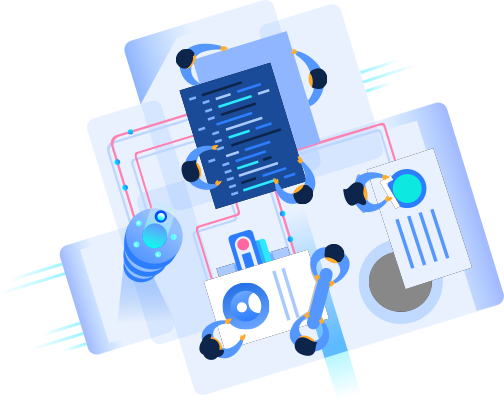
EasyTalent Digital Competence (DC) Test is based on the EU Digital Competence Framework in which there are 21 individual competences grouped into five competence areas. The DC Test also includes awareness of Digital Technologies and Digital Law in the workplace.
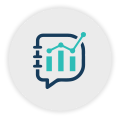
Information and Data Literacy
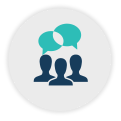
Communication & Collaboration
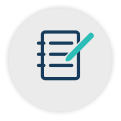
Digital Content Creation

Safety
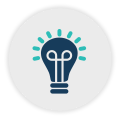
Problem Solving
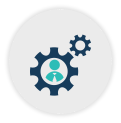
Digital technologies & Digital Law
in the workplace
To reduce the skills gap, companies will have to either train and prepare their employees, or they will need to persuade their employees to learn the required skills on their own.
As per World Economic Forum’s ‘Future of Jobs Report, 2018:
This puts the onus upon the employees to continually hone their skills and capabilities. They will have to proactively learn new digital tools and technical skills to prepare themselves to adapt to digital advances. If they don’t so this, they may find themselves becoming irrelevant in organizational environments.
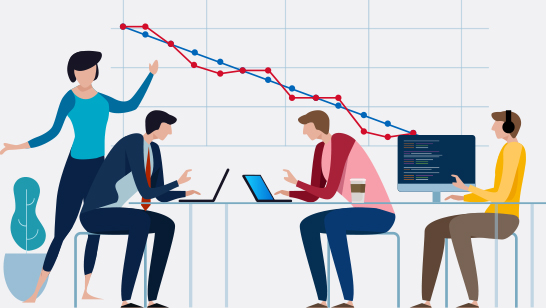
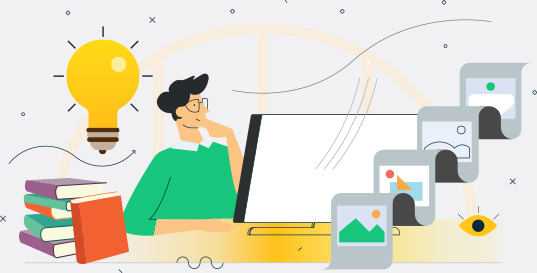
Learning cannot happen without the yearning or the curiosity to know; and a curious person is constantly willing to learn and improve.
Curiosity is thus indicative of an individual’s ability to learn.
Curiosity quotient (CQ) of employees, which gives them the ability to learn, has become one of the most important soft skills required to stay relevant in organizational environments.
Easytalent uses the five dimensional curiosity scale (5DC) to assess the individual's CQ and from that derive their ability to learn.
The Ability to Learn Test consists of a battery of statements, and the individual determines how closely each of them describes him/her.
EasyTalent Ability to Learn Test uses its algorithms to analyze the five curiosity dimensions to determine the individual’s Ability to Learn score.

Digital transformation may attempt to change the way work was being done by introducing powerful digital solutions – but nothing will change on ground unless the workforce changes with it.
